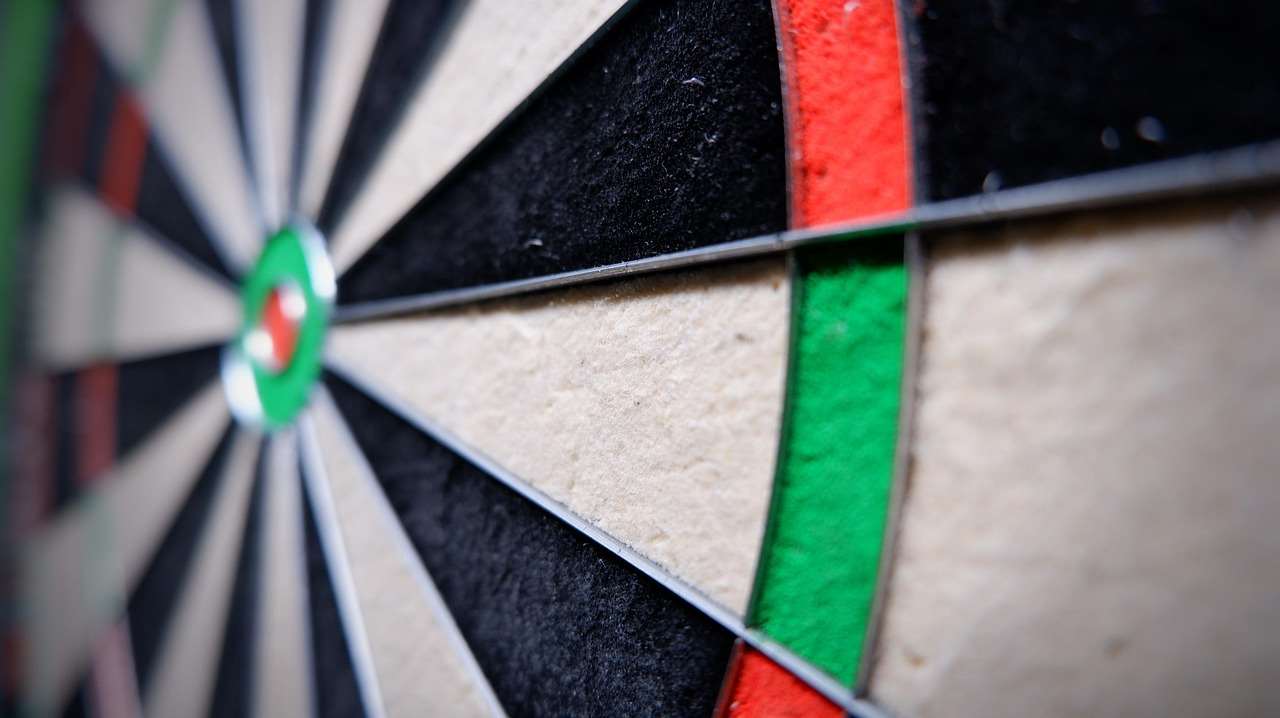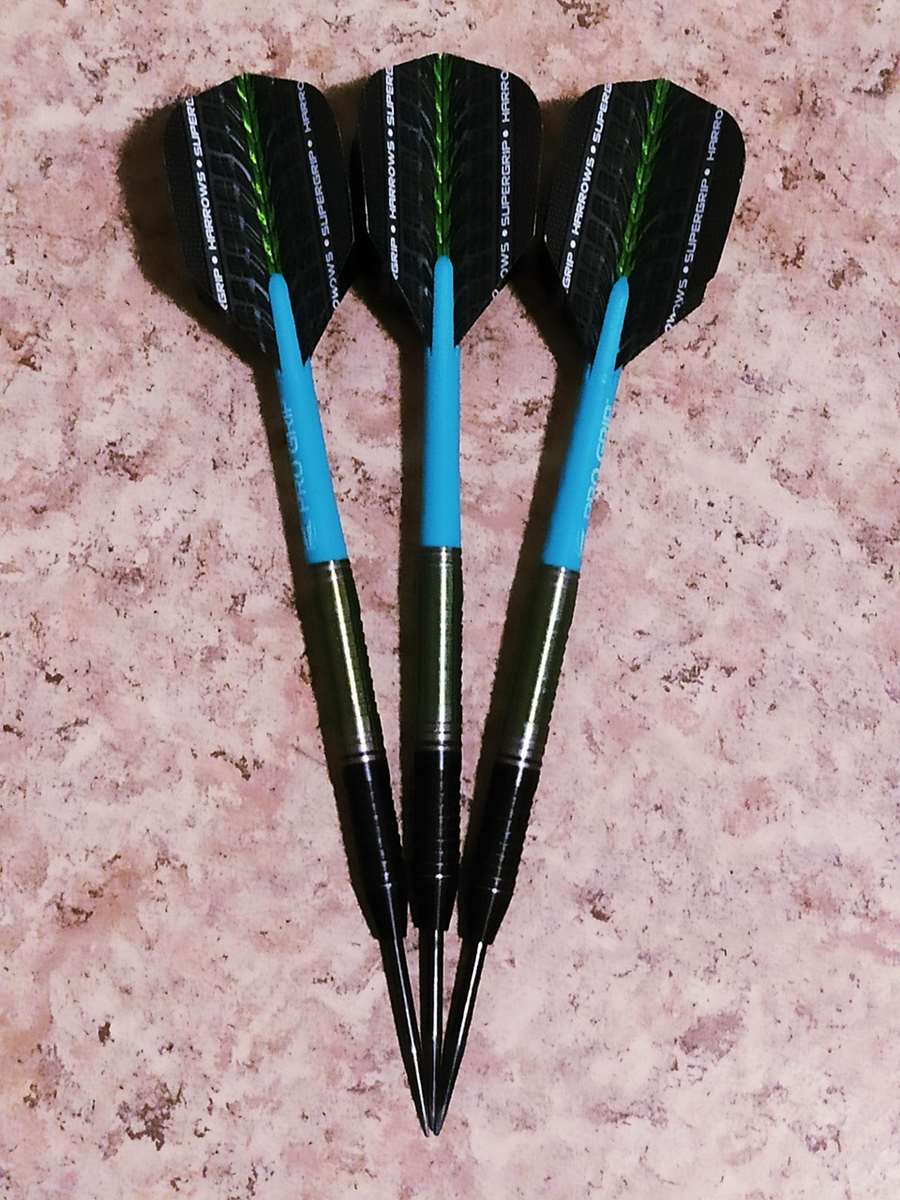Understanding darts betting odds is crucial for making informed wagers and potentially increasing your winnings. This article will break down the common types of darts betting odds, explain how to calculate potential payouts, and offer tips for successful darts betting strategies.
⚠️ Still Using Pen & Paper (or a Chalkboard)?! ⚠️
Step into the future! The Dart Counter App handles all the scoring, suggests checkouts, and tracks your stats automatically. It's easier than you think!
Try the Smart Dart Counter App FREE!Ready for an upgrade? Click above!
Decoding Different Types of Darts Betting Odds
The world of darts betting offers various ways to wager on your favorite players and tournaments. Before placing a bet, it’s essential to understand the different formats used to represent odds. Let’s explore the three most common types: fractional, decimal, and American odds.

Fractional Odds
Fractional odds, also known as British odds, are commonly used in the UK and Ireland. They are expressed as a fraction, such as 5/1 (read as “five to one”). This means that for every £1 you bet, you will win £5 in profit, plus you’ll get your original £1 stake back. Therefore, a successful £1 bet at 5/1 returns £6 in total. To calculate your potential profit, multiply your stake by the numerator of the fraction. The denominator represents the amount you need to wager to win that numerator amount. For example, at 10/1, a £10 bet wins £100 profit (plus the £10 stake).
Decimal Odds
Decimal odds are popular in Europe, Australia, and Canada. They are displayed as a single number, like 3.00. This number represents the total payout you will receive for every £1 you bet, including your original stake. To calculate your profit, subtract 1 from the decimal odds and then multiply by your stake. For instance, a £10 bet at 3.00 returns £30 in total. Your profit is £30 – £10 (your stake) = £20.
American Odds
American odds, also known as moneyline odds, are prevalent in the United States. They are expressed as either a positive or negative number. A positive number (e.g., +200) indicates the amount you would win on a £100 bet. So, with +200 odds, a £100 bet wins £200 profit, resulting in a total payout of £300. A negative number (e.g., -150) indicates the amount you need to bet to win £100 in profit. With -150 odds, you need to bet £150 to win £100 profit, resulting in a total payout of £250. Understanding these variations is key to successfully Darts Betting And Fantasy Leagues Guide.
Calculating Potential Payouts: Putting Theory into Practice
Now that you understand the different types of odds, let’s explore how to calculate your potential payouts for each type. This is crucial for making informed decisions and maximizing your winnings. Whether you’re considering a simple match winner bet or a more complex accumulator, knowing how to calculate the payout is essential. Many online betting sites offer built-in calculators, but understanding the underlying principles will empower you to assess the value of a bet more effectively.
Fractional Odds Payout Calculation
The formula for calculating payouts with fractional odds is straightforward:
Payout = (Stake x Numerator / Denominator) + Stake
For example, if you place a £20 bet at odds of 7/2:
Payout = (£20 x 7 / 2) + £20 = £70 + £20 = £90
Your profit would be £90 – £20 = £70.

Decimal Odds Payout Calculation
Calculating payouts with decimal odds is even simpler:
Payout = Stake x Decimal Odds
For example, if you place a £20 bet at odds of 3.50:
Payout = £20 x 3.50 = £70
Your profit would be £70 – £20 = £50.
American Odds Payout Calculation
The payout calculation for American odds depends on whether the odds are positive or negative.
Positive Odds: Payout = Stake x (Odds / 100) + Stake
For example, if you place a £20 bet at odds of +150:
Payout = £20 x (150 / 100) + £20 = £30 + £20 = £50
Your profit would be £50 – £20 = £30.
Negative Odds: Payout = Stake / (Odds / 100) + Stake (ignore the minus sign for the Odds value, just enter the numerical value, 150 instead of -150)
For example, if you place a £20 bet at odds of -150:
Payout = £20 / (150 / 100) + £20 = £13.33 + £20 = £33.33
Your profit would be £33.33 – £20 = £13.33.
Understanding Implied Probability
Beyond simply calculating payouts, understanding **implied probability** is a critical aspect of **how to read darts betting odds**. Implied probability is the conversion of betting odds into a percentage chance of an event occurring. This allows you to assess the value of a bet by comparing the implied probability to your own assessment of the likelihood of that event happening.
Calculating Implied Probability from Different Odds Formats
Here’s how to calculate implied probability from each odds format:
- Fractional Odds: Implied Probability = Denominator / (Numerator + Denominator) * 100
- Decimal Odds: Implied Probability = 1 / Decimal Odds * 100
- American Odds:
- Positive Odds: Implied Probability = 100 / (Odds + 100) * 100
- Negative Odds: Implied Probability = Odds / (Odds + 100) * 100 (ignore the minus sign)
For example, if the decimal odds for a player to win a match are 2.00, the implied probability is 1 / 2.00 * 100 = 50%. This means the bookmaker believes the player has a 50% chance of winning. If you believe the player has a greater than 50% chance of winning, the bet may offer good value. Conversely, if you think the player has a significantly lower chance of winning, you should avoid the bet.

Beyond the Match Winner: Exploring Other Darts Betting Markets
While betting on the match winner is the most common form of darts betting, there are many other markets available. Diversifying your betting strategy can increase your chances of success and provide more exciting opportunities. Here are a few popular alternatives:
- Correct Score: Predict the exact final score of the match (e.g., 5-3). These bets offer higher odds due to the increased difficulty.
- Most 180s: Bet on which player will score the most 180s (maximum score in a single visit to the oche) during the match. Consider player averages and consistency when making this bet.
- Highest Checkout: Predict which player will have the highest checkout (the final score required to win a leg). Consider a player’s finishing ability and their track record in high-pressure situations.
- Total 180s: Bet on the total number of 180s scored in the match by both players combined. Research previous matches between the two players and their scoring patterns.
- Handicap Betting: One player is given a virtual head start (e.g., +2.5 legs) and you bet on who will win with the handicap applied. This can be useful when there’s a clear favorite, as it levels the playing field.
Understanding these different markets and their associated odds is vital for a comprehensive understanding of how to read darts betting odds effectively.
Tips for Successful Darts Betting
While luck plays a role in darts betting, a strategic approach can significantly improve your chances of success. Here are some valuable tips to consider:
- Do Your Research: Thoroughly research the players involved in a match. Consider their recent form, head-to-head record, tournament history, and playing style.
- Analyze Statistics: Pay attention to key statistics such as averages, checkout percentages, and 180s per leg. These stats provide valuable insights into a player’s performance.
- Consider the Venue: The venue can impact a player’s performance. Some players perform better in certain venues or conditions.
- Manage Your Bankroll: Set a budget for your darts betting activities and stick to it. Avoid chasing losses and only bet what you can afford to lose.
- Shop Around for the Best Odds: Compare odds from different bookmakers to ensure you’re getting the best possible value for your bets. Small differences in odds can add up over time.
Keep an eye on Bookmaker Sponsorship Professional Darts too, as those sponsorships can influence the odds.

Common Darts Betting Mistakes to Avoid
Even experienced bettors can fall victim to common mistakes. Being aware of these pitfalls can help you avoid costly errors and improve your overall betting performance.
- Betting with Your Heart: Avoid betting solely based on your favorite player or team. Base your decisions on objective analysis and research.
- Chasing Losses: Resist the urge to chase losses by placing larger bets in an attempt to recoup your money. This can lead to even greater losses.
- Ignoring the Odds: Don’t place bets without understanding the odds and the implied probability. Assess the value of each bet carefully.
- Betting Under the Influence: Avoid betting when under the influence of alcohol or other substances. Impaired judgment can lead to poor decisions.
- Overlooking Player Form: Failing to consider a player’s recent performance and current form is a common mistake. Always assess their recent matches and statistics before placing a bet.
Advanced Darts Betting Strategies
For those looking to take their darts betting to the next level, consider exploring these advanced strategies:
- Value Betting: Identify bets where the odds offered by the bookmaker are higher than your own assessment of the probability of the event occurring.
- Arbitrage Betting: Take advantage of differences in odds offered by different bookmakers to guarantee a profit, regardless of the outcome. (This is rare in darts but can occasionally be found).
- Trading: Place bets before an event and then trade out during the event to lock in a profit or minimize losses. This requires close monitoring of the match and the betting market.
- Hedging: Place a bet on the opposite outcome of your original bet to reduce your risk.

Conclusion: Mastering the Art of Darts Betting Odds
Understanding how to read darts betting odds is a fundamental skill for any aspiring darts bettor. By mastering the different types of odds, calculating potential payouts, understanding implied probability, and implementing effective strategies, you can significantly improve your chances of success and enjoy a more rewarding betting experience. Remember to research thoroughly, manage your bankroll responsibly, and avoid common mistakes. Are you ready to test your knowledge and place your first informed darts bet? How Betting Companies Sponsor Darts? Now is a great time to start!
Hi, I’m Dieter, and I created Dartcounter (Dartcounterapp.com). My motivation wasn’t being a darts expert – quite the opposite! When I first started playing, I loved the game but found keeping accurate scores and tracking stats difficult and distracting.
I figured I couldn’t be the only one struggling with this. So, I decided to build a solution: an easy-to-use application that everyone, no matter their experience level, could use to manage scoring effortlessly.
My goal for Dartcounter was simple: let the app handle the numbers – the scoring, the averages, the stats, even checkout suggestions – so players could focus purely on their throw and enjoying the game. It began as a way to solve my own beginner’s problem, and I’m thrilled it has grown into a helpful tool for the wider darts community.